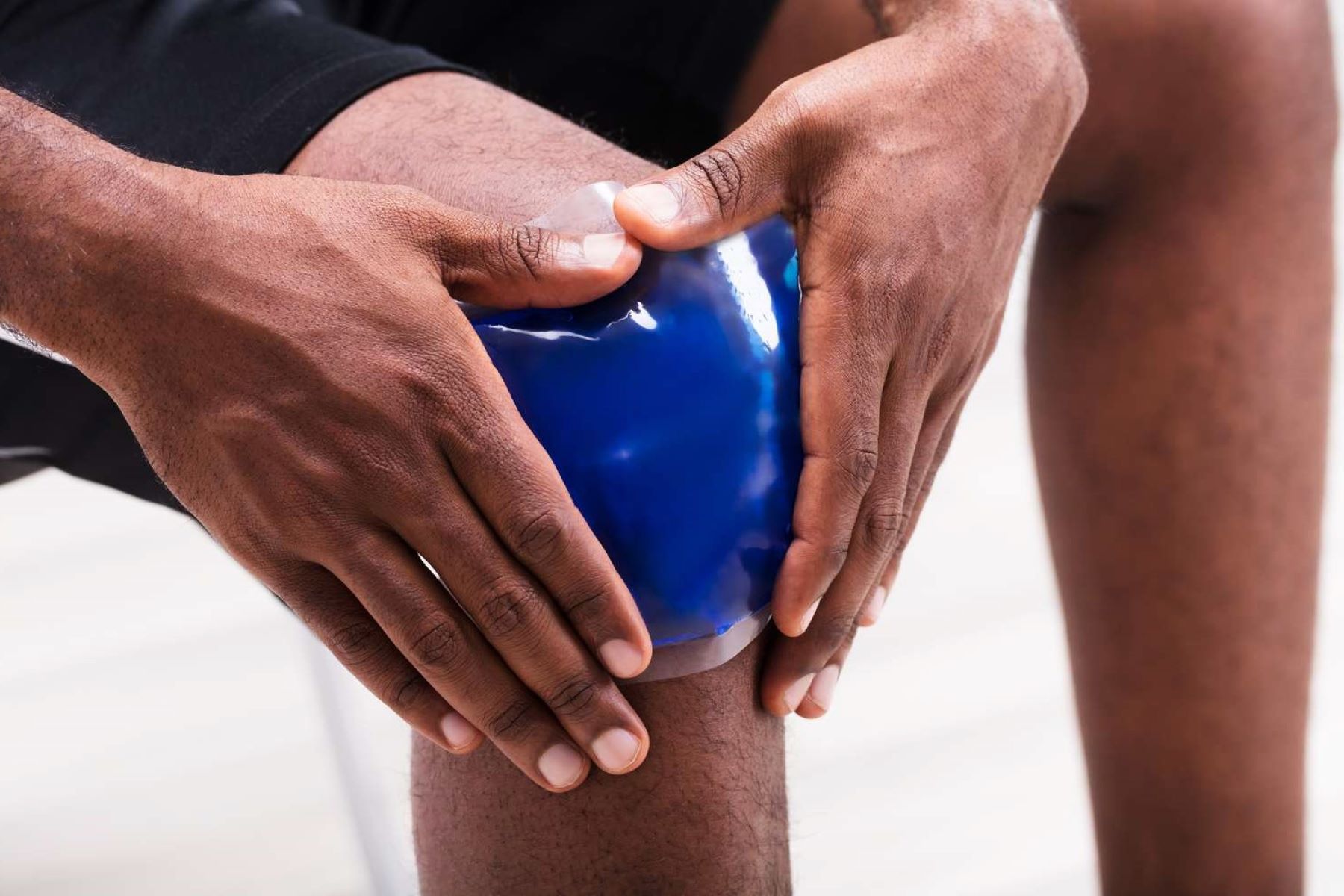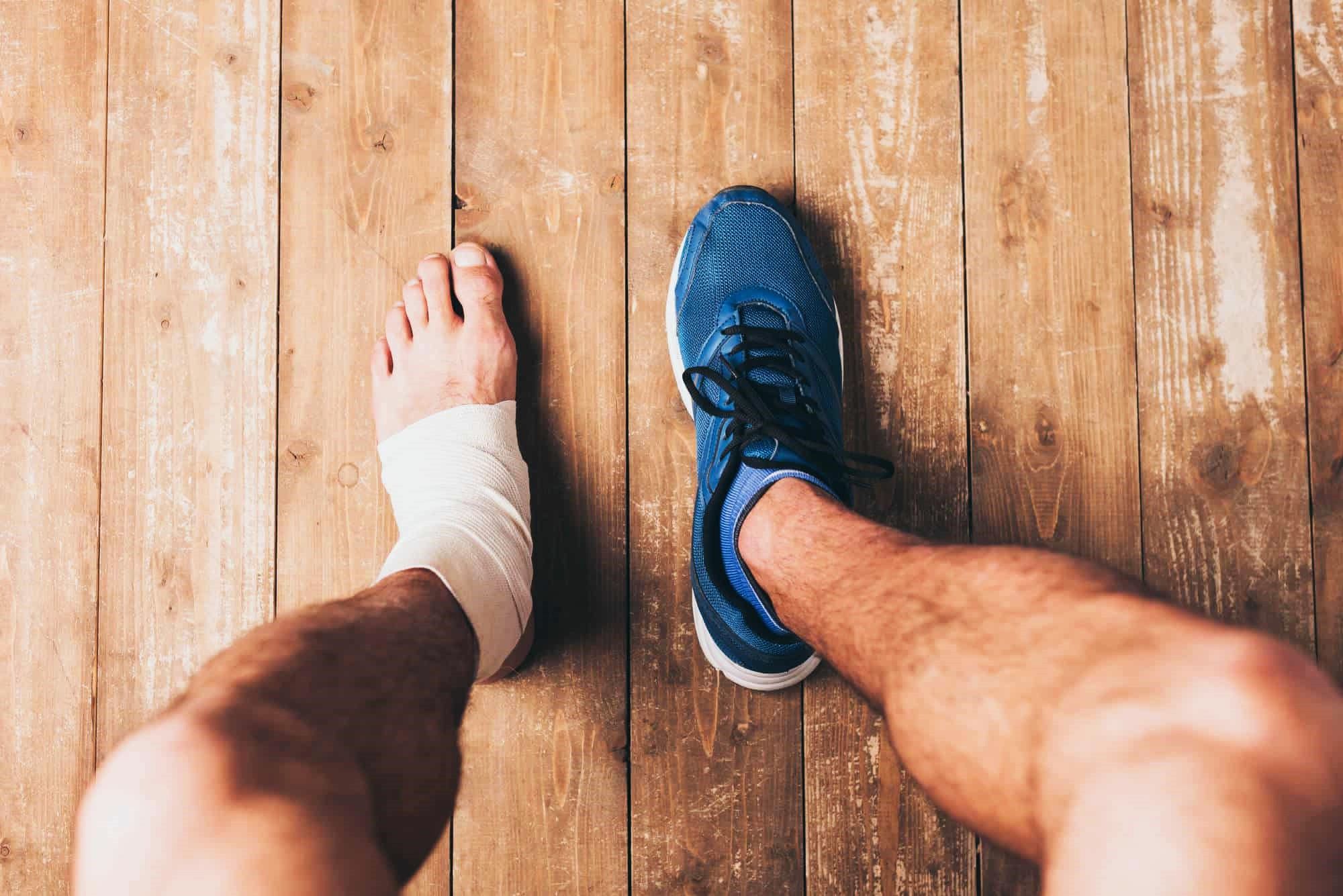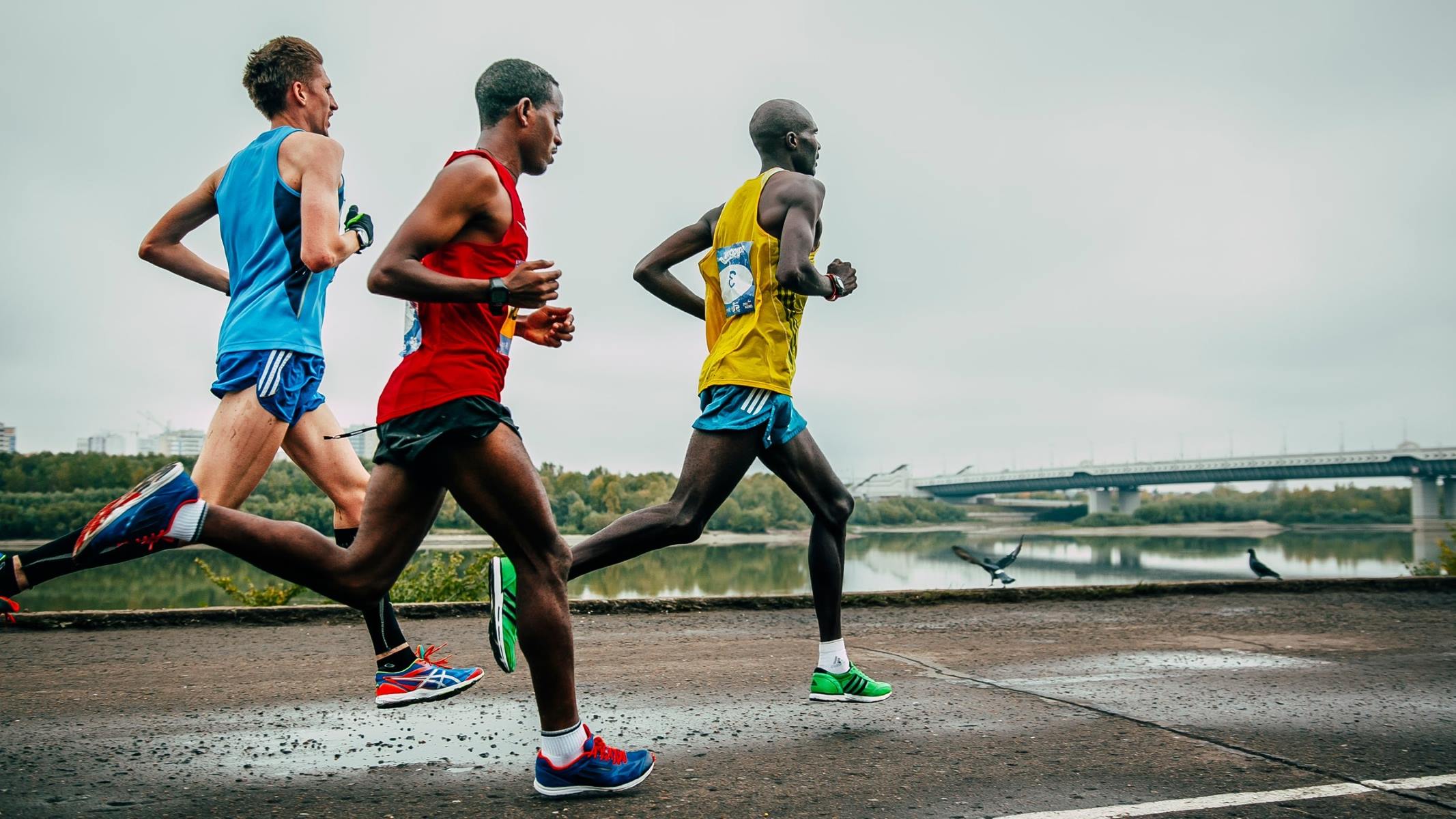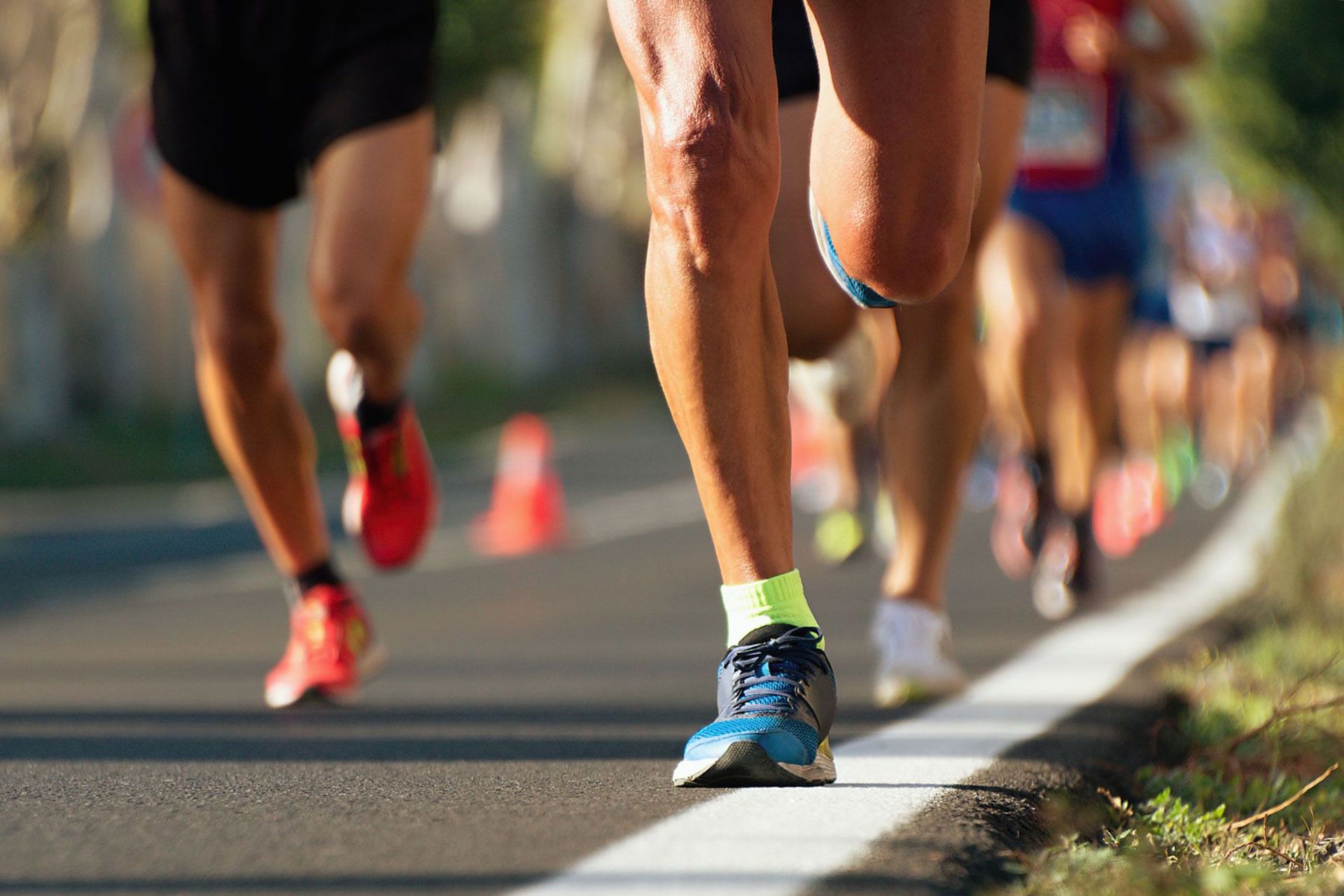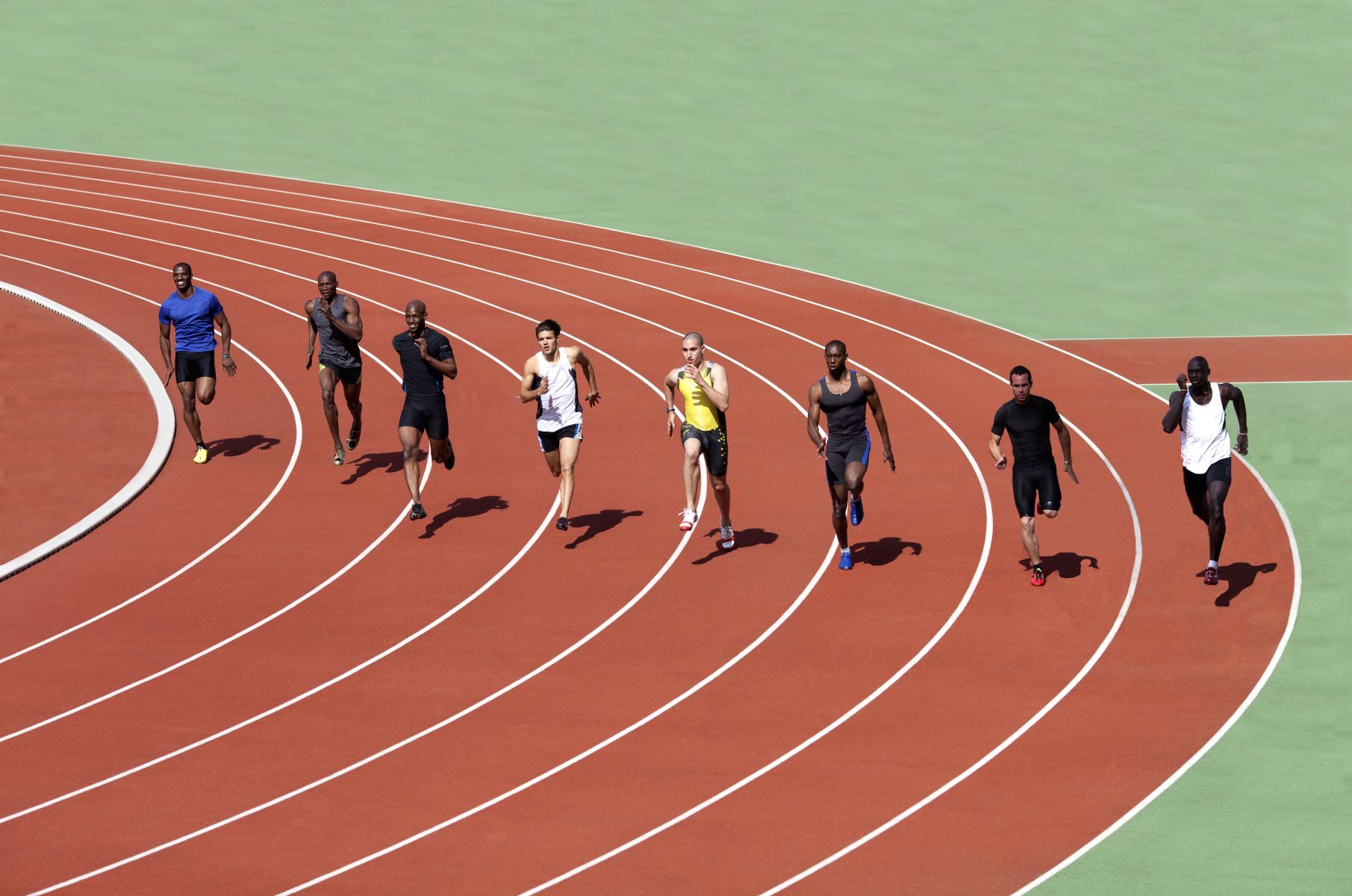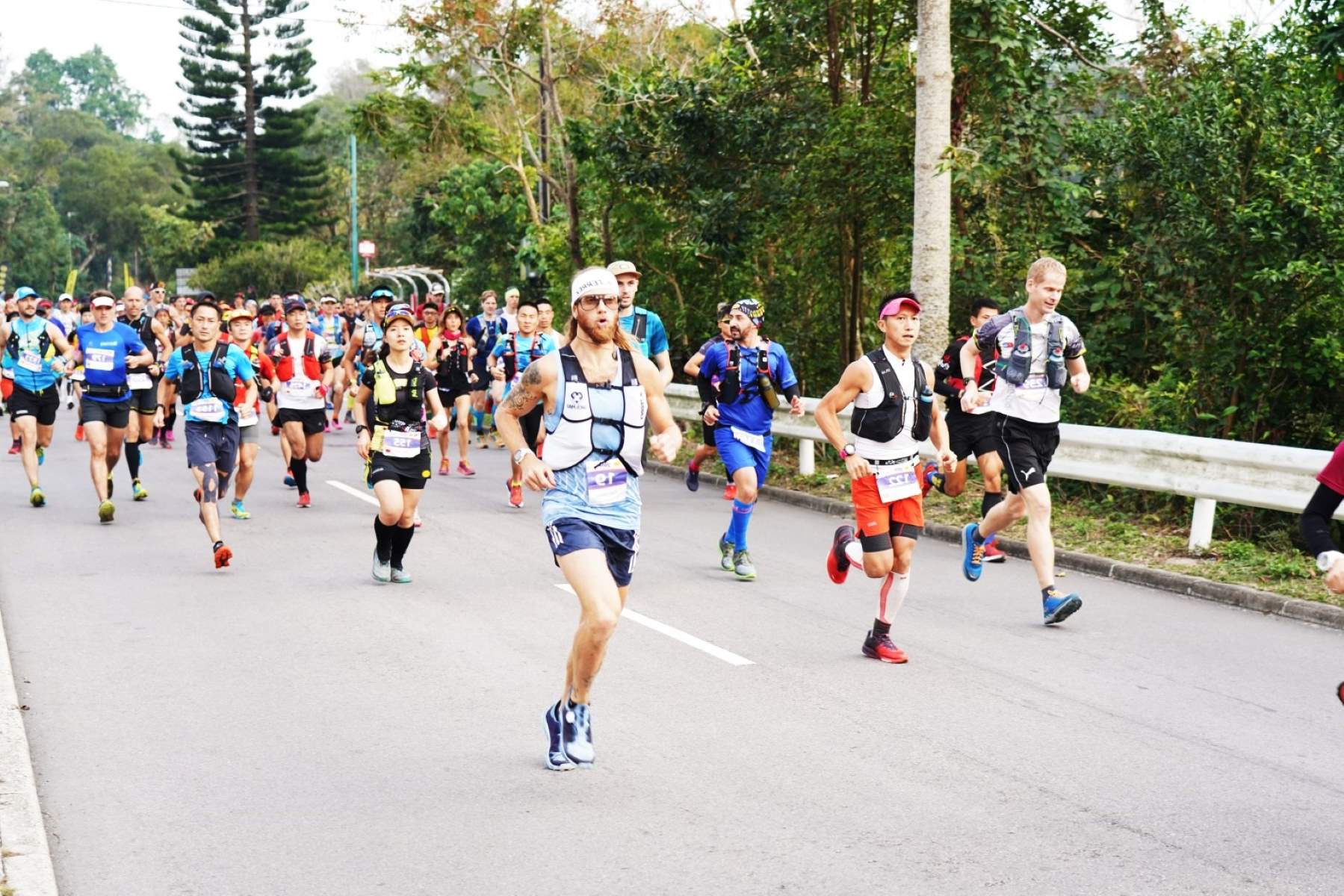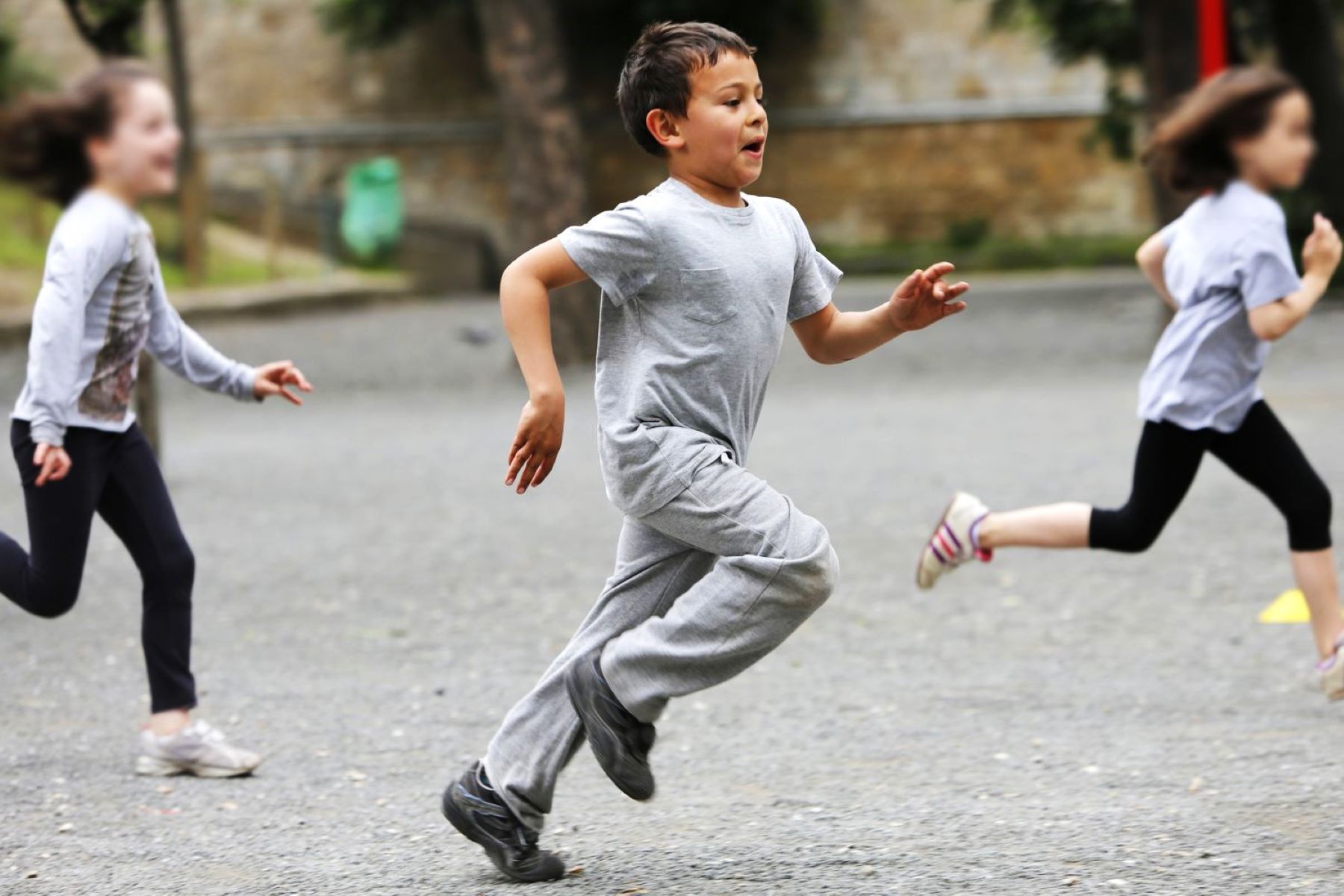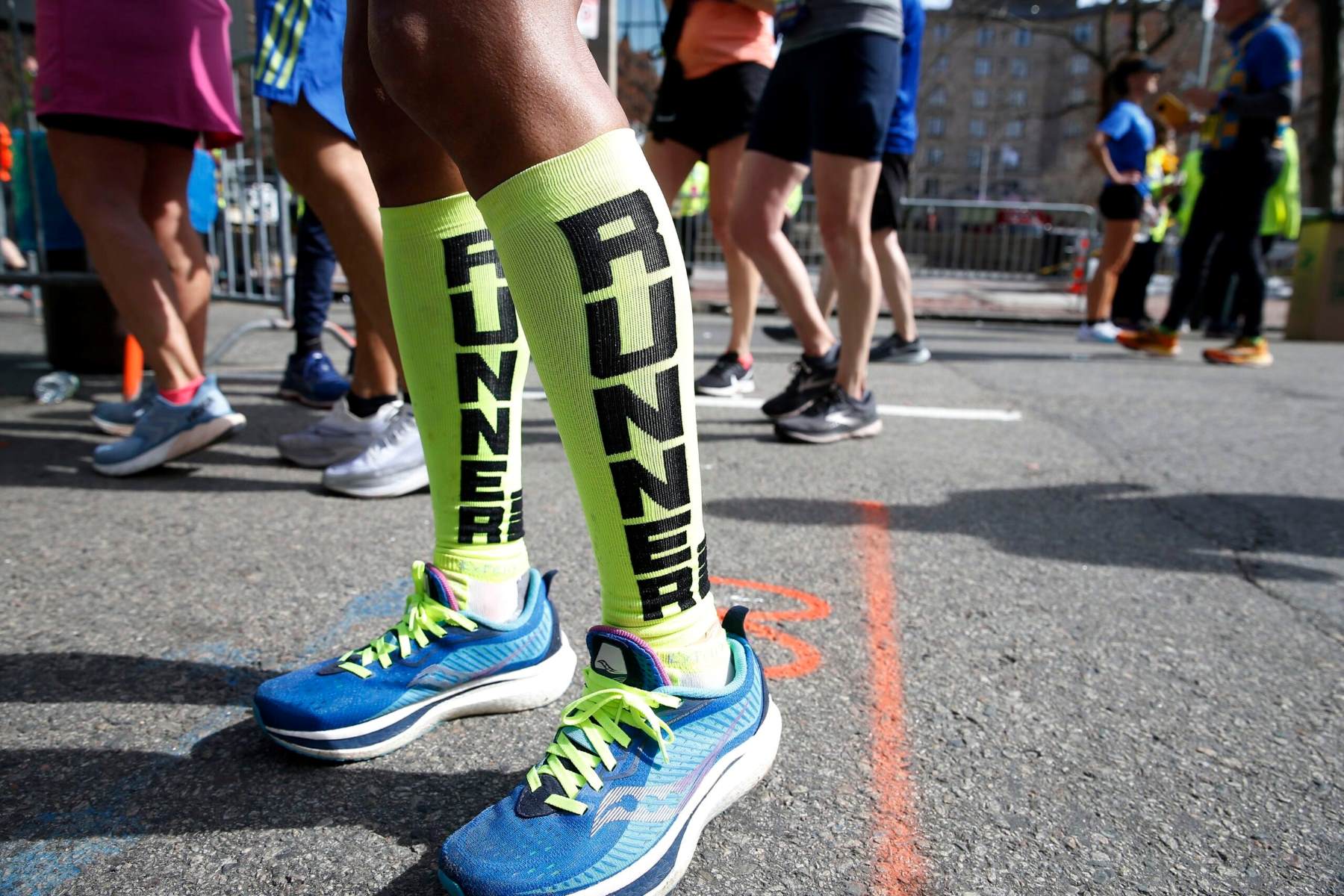Home>Health & Nutrition>When Should You Cease Alcohol Consumption Before A Race?
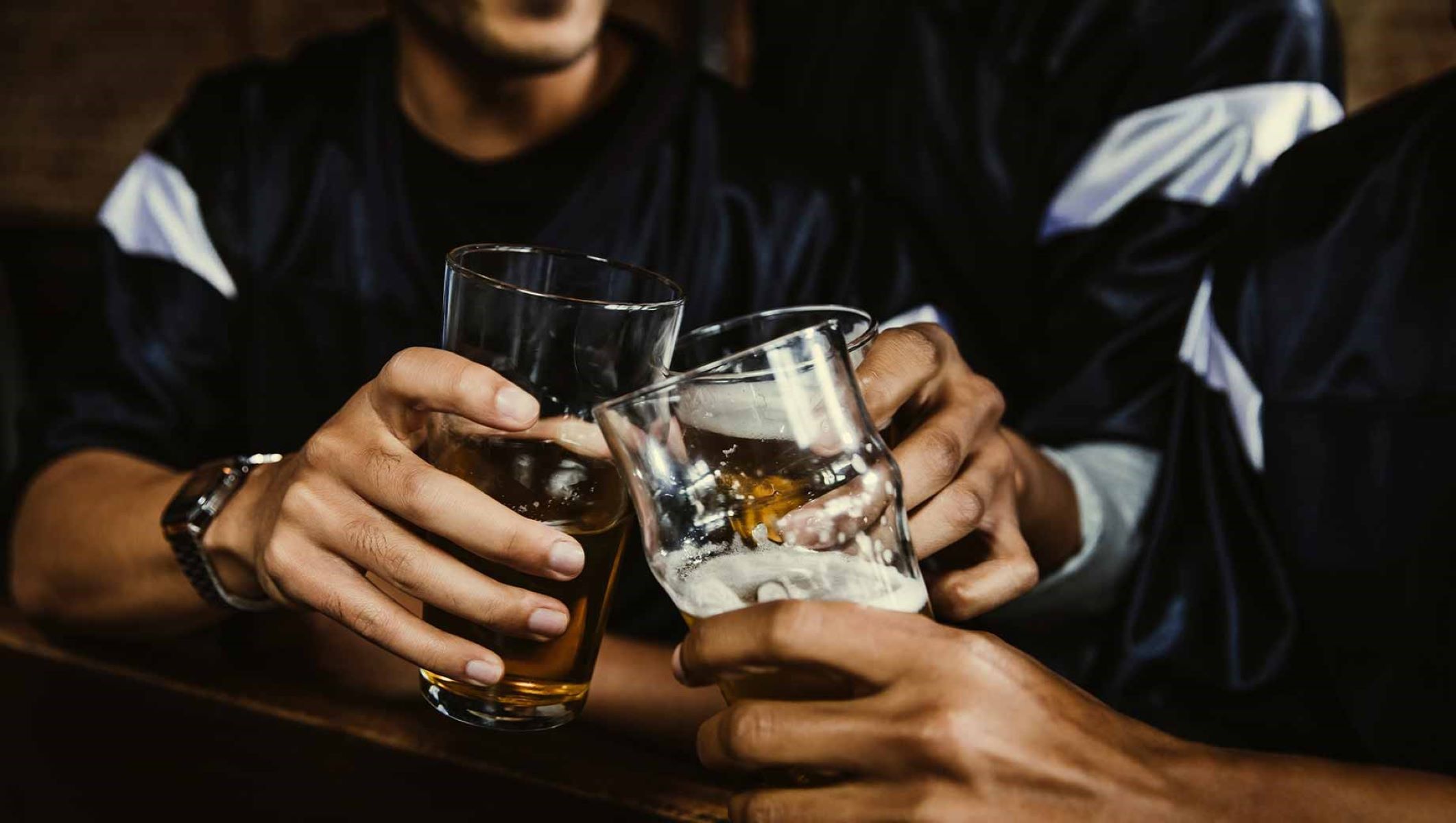

Health & Nutrition
When Should You Cease Alcohol Consumption Before A Race?
Published: February 23, 2024
Discover the optimal timing for abstaining from alcohol before a race for peak health and nutrition. Learn how to maximize your performance with strategic alcohol consumption.
(Many of the links in this article redirect to a specific reviewed product. Your purchase of these products through affiliate links helps to generate commission for Therunningadvisor.com, at no extra cost. Learn more)
Table of Contents
The Impact of Alcohol on Athletic Performance
Alcohol consumption can significantly impact athletic performance, affecting various physiological and psychological aspects crucial for optimal athletic achievement. Understanding the repercussions of alcohol on the body is essential for athletes aiming to perform at their best.
-
Dehydration: Alcohol is a diuretic, meaning it increases urine production, leading to dehydration. Dehydration can impair physical performance, causing fatigue, decreased coordination, and reduced endurance. These effects can hinder an athlete's ability to perform optimally during training or competition.
-
Nutrient Absorption: Alcohol consumption can interfere with the body's ability to absorb essential nutrients, such as carbohydrates and vitamins, which are vital for energy production and overall health. This interference can compromise an athlete's ability to fuel their body effectively, potentially impacting their performance and recovery.
-
Muscle Recovery: Alcohol consumption can impede muscle recovery processes. It can disrupt protein synthesis, which is crucial for repairing and rebuilding muscle tissue after intense physical activity. Slower recovery times can hinder an athlete's ability to train consistently and perform at their peak.
-
Cognitive Function: Alcohol can impair cognitive function, affecting decision-making, coordination, and reaction times. These impairments can be detrimental to athletic performance, particularly in sports that require quick thinking and precise movements.
-
Inflammation and Immune Function: Excessive alcohol consumption can lead to increased inflammation and compromise the immune system. This can make athletes more susceptible to illness and delay the body's ability to repair itself after intense training sessions or competitions.
In summary, the impact of alcohol on athletic performance is multifaceted, affecting hydration, nutrient absorption, muscle recovery, cognitive function, and immune response. Athletes should be mindful of the potential consequences of alcohol consumption and consider its effects on their training and competitive endeavors.
Effects of Alcohol on Hydration and Recovery
Alcohol consumption can have profound effects on hydration and the body's ability to recover from physical exertion. One of the most notable impacts of alcohol is its diuretic effect, which leads to increased urine production and subsequent dehydration. Dehydration, in turn, can significantly impair athletic performance and hinder the body's ability to recover effectively.
When individuals consume alcohol, the body prioritizes metabolizing and eliminating the alcohol over other essential processes, such as maintaining hydration. As a result, the kidneys produce more urine, leading to fluid loss and an imbalance in the body's water levels. This dehydration can manifest in symptoms such as increased thirst, dry mouth, fatigue, and reduced physical and cognitive function.
In the context of athletic performance, dehydration caused by alcohol consumption can have detrimental effects. It can lead to decreased endurance, impaired thermoregulation, and compromised cardiovascular function. These factors can significantly impact an athlete's ability to perform optimally during training or competition, potentially leading to decreased stamina, reduced coordination, and an increased risk of heat-related illnesses.
Furthermore, alcohol's impact on hydration extends to its interference with the body's electrolyte balance. Electrolytes, such as sodium, potassium, and magnesium, play a crucial role in maintaining proper fluid balance, muscle function, and nerve signaling. Excessive alcohol consumption can disrupt the body's electrolyte levels, further exacerbating the effects of dehydration and impeding the body's ability to recover from physical activity.
In addition to its effects on hydration, alcohol consumption can impede the body's ability to recover from intense exercise. The diuretic effect of alcohol can lead to the loss of essential nutrients and electrolytes, which are vital for muscle recovery and overall physical well-being. Furthermore, alcohol can interfere with protein synthesis, the process through which the body repairs and rebuilds muscle tissue after strenuous activity. Slower muscle recovery can lead to prolonged muscle soreness, decreased strength, and hinder an athlete's ability to train consistently.
In summary, the effects of alcohol on hydration and recovery are significant considerations for athletes. Understanding the impact of alcohol on the body's hydration levels and recovery processes is crucial for optimizing athletic performance and overall well-being. By being mindful of the potential consequences of alcohol consumption, athletes can make informed choices that support their training, recovery, and competitive endeavors.
Alcohol's Influence on Sleep and Rest
Alcohol's impact on sleep and rest is a critical consideration for athletes striving to maintain peak performance and overall well-being. While alcohol is often associated with relaxation and unwinding, its effects on sleep quality and restorative rest can be detrimental, particularly for individuals engaged in rigorous training and competitive activities.
When individuals consume alcohol, it can disrupt the body's natural sleep patterns and the quality of rest obtained during the night. While alcohol may initially act as a sedative, promoting feelings of drowsiness and relaxation, its overall impact on sleep architecture is profound. Alcohol can interfere with the body's ability to enter and maintain deep, restorative sleep stages, such as rapid eye movement (REM) sleep and slow-wave sleep.
One of the primary ways alcohol affects sleep is by altering the production of adenosine, a neurotransmitter that promotes sleep and relaxation. While alcohol initially increases adenosine levels, leading to drowsiness, it subsequently disrupts the body's ability to maintain steady adenosine levels throughout the night. This disruption can result in fragmented sleep, frequent awakenings, and a reduction in the overall duration of restorative sleep stages.
Moreover, alcohol's influence on sleep extends to its impact on the body's circadian rhythm, or internal clock. The consumption of alcohol can disrupt the body's natural circadian rhythm, leading to irregular sleep-wake cycles and difficulties in achieving consistent and restful sleep patterns. These disruptions can contribute to feelings of fatigue, decreased alertness, and impaired cognitive function, all of which are detrimental to athletic performance and overall well-being.
In addition to its effects on sleep architecture and circadian rhythm, alcohol can exacerbate sleep-related breathing disorders, such as snoring and sleep apnea. These conditions can lead to interruptions in breathing during sleep, resulting in decreased oxygen levels and fragmented sleep. For athletes, the impact of alcohol on sleep-related breathing disorders can be particularly concerning, as adequate oxygenation and uninterrupted rest are essential for physical recovery and performance optimization.
Furthermore, the consumption of alcohol can lead to an increase in nighttime awakenings and disruptions in the body's thermoregulation, potentially leading to discomfort and disturbances in body temperature during sleep. These disruptions can further compromise the body's ability to achieve restorative rest, impacting an athlete's recovery from training and their overall readiness for subsequent physical exertion.
In summary, alcohol's influence on sleep and rest is a crucial consideration for athletes aiming to optimize their performance and well-being. By understanding the impact of alcohol on sleep architecture, circadian rhythm, and sleep-related breathing disorders, athletes can make informed choices regarding alcohol consumption to support their rest and recovery needs. Prioritizing quality sleep and restorative rest is essential for athletes seeking to excel in their training and competitive endeavors, making the management of alcohol's influence on sleep a significant aspect of their overall lifestyle and performance strategies.
How Far in Advance to Stop Drinking Before a Race
Determining the optimal timeline for ceasing alcohol consumption before a race is a crucial consideration for athletes seeking to perform at their best. While individual responses to alcohol can vary, understanding the general impact of alcohol on the body and its potential effects on race performance can guide athletes in making informed decisions regarding alcohol consumption leading up to a race.
Ideally, athletes should refrain from consuming alcohol in the days leading up to a race to minimize its potential impact on hydration, recovery, and sleep. Dehydration, a common consequence of alcohol consumption, can significantly impair physical performance and endurance, making it essential to prioritize adequate hydration in the days preceding a race. By abstaining from alcohol, athletes can optimize their body's hydration levels, supporting optimal physiological function and performance readiness.
Moreover, alcohol's influence on sleep and rest can disrupt the body's natural recovery processes, potentially affecting an athlete's energy levels and cognitive function on race day. By abstaining from alcohol in the days leading up to a race, athletes can prioritize quality sleep and rest, essential for physical and mental readiness. This approach allows the body to enter the race with optimal energy levels and cognitive sharpness, factors crucial for achieving peak performance.
In addition to its effects on hydration and sleep, alcohol can impact the body's ability to recover from intense physical exertion. By refraining from alcohol consumption in the days preceding a race, athletes can support their body's muscle recovery processes, minimizing the potential for delayed recovery and muscle soreness that could hinder race performance.
While the specific timeline for ceasing alcohol consumption may vary based on individual tolerance and the duration of the race, a general recommendation is to avoid alcohol for at least 48 to 72 hours before the event. This timeframe allows the body to reestablish optimal hydration, prioritize restorative sleep, and support muscle recovery, all of which are essential for race readiness and performance.
By being mindful of the potential impact of alcohol on hydration, recovery, and sleep, athletes can strategically plan their alcohol consumption leading up to a race, ultimately optimizing their physical and mental readiness for the event. Making informed choices regarding alcohol intake in the days preceding a race can contribute to enhanced race performance and overall well-being, aligning with an athlete's commitment to achieving their athletic goals.

